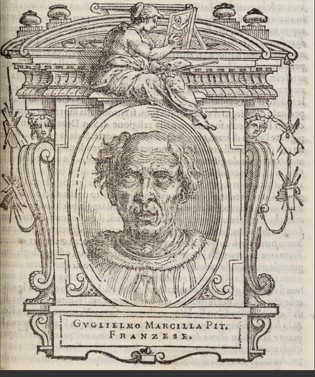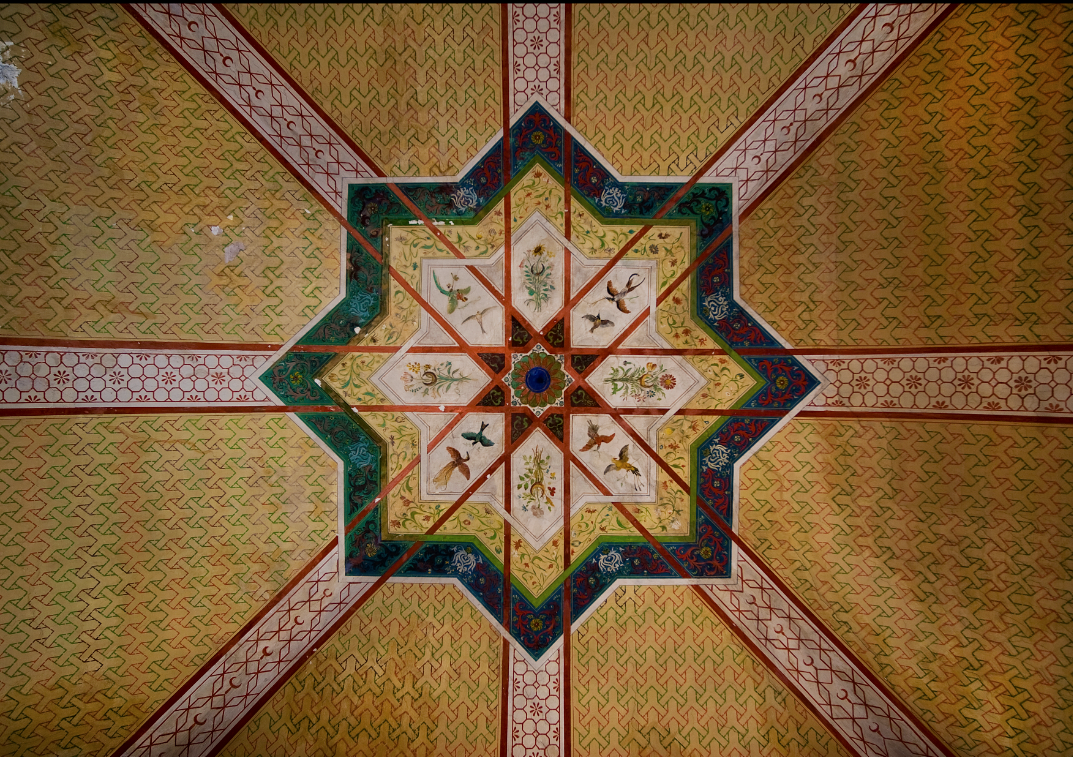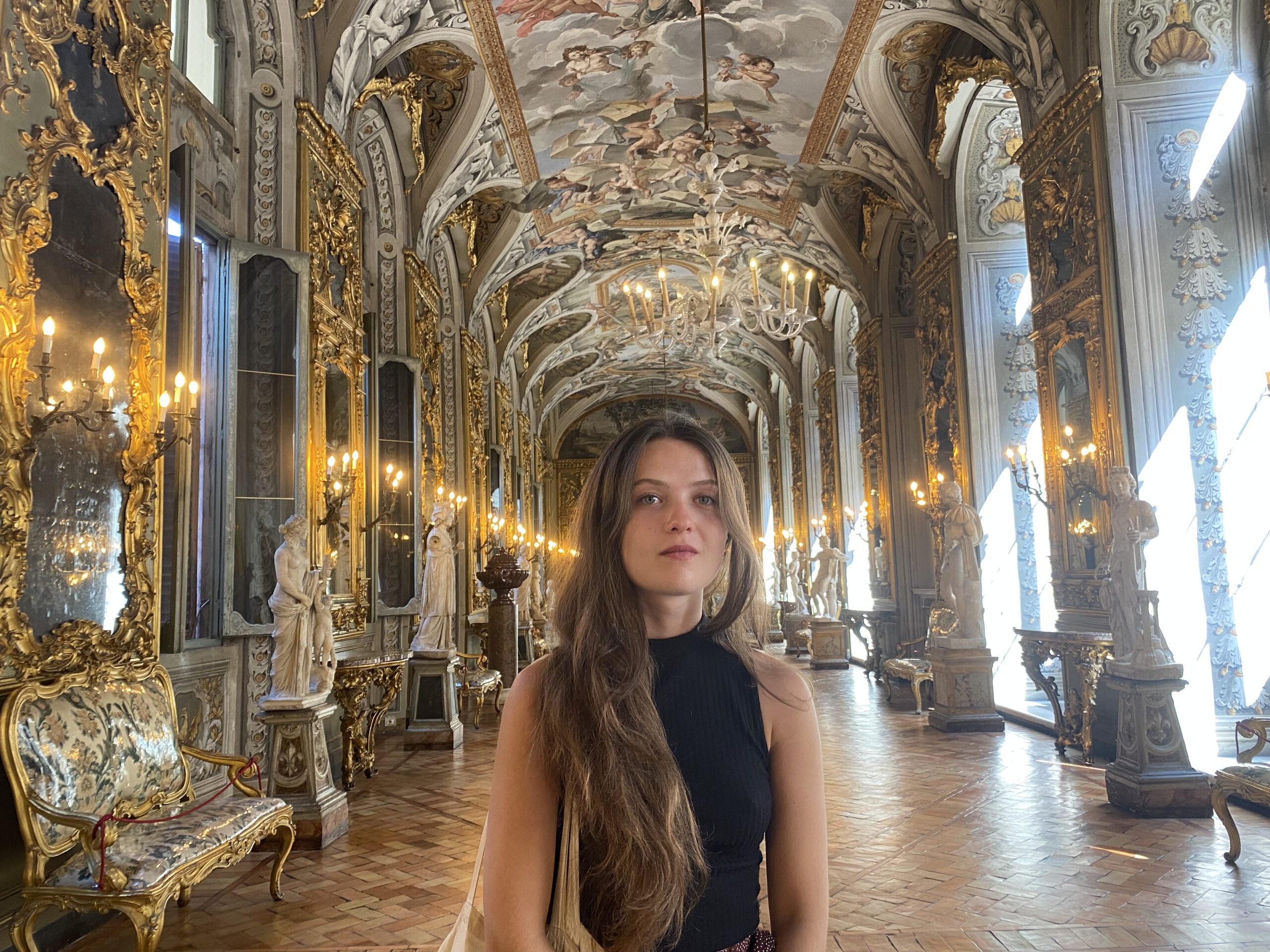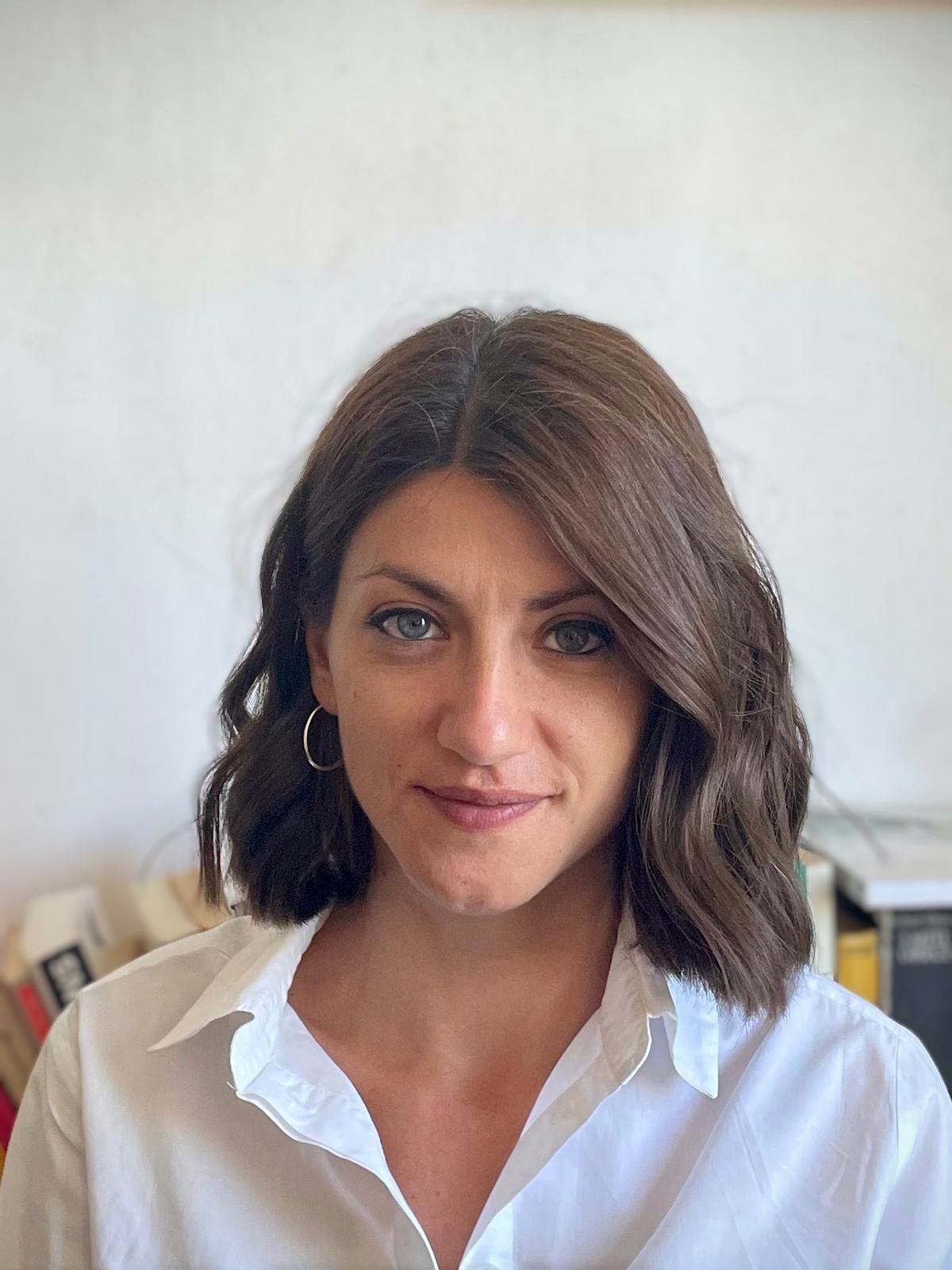Search
Audrey Nassieu Maupas

Resident
06.04.2025 - 27.04.2025
Resident
22.07.2024 - 12.08.2024
Medici Residency André Chastel with the INHA
Art history
Biography
Audrey Nassieu Maupas is a lecturer at the École pratique des Hautes études in Paris. Her research focuses on the figurative arts of the Renaissance, in particular artistic techniques and know-how, and the circulation of artists. She directed the Pictor program, financed by the City of Paris and supported by the École française de Rome (2016-2022), on the painter’s craft in Europe, which resulted in the publication of a synthesis book in 2023. She has contributed to highlighting the figures of artists such as Baptiste Pellerin, Jean Cousin and Marin Le Bourgeois, and is currently preparing a study on painters’ workshops in Paris in the XVI² century.
Project
His residency project focuses on French artists in Rome around 1520, with Guillaume de Marcillat at the center. A painter and glassmaker, he is best known as Vasari’s master, but documents concerning him, notably two autograph registers, reveal the names of painters, miniaturists, glassmakers and other artists and craftsmen, most of them of French origin. The aim is to shed light on Marcillat’s milieu, which was often populated by compatriots, and to renew our thinking on the circulation of artists from France to Italy at a time when the “voyage d’Italie”, as a compulsory part of training, had not yet become the norm.

Medici Residency André Chastel
with the INHA
Application 26.06 - 30.09.2025
Since 2010, the Institut national d'histoire de l'art (INHA) and the French Academy in Rome - Villa Medici have awarded two scholarships each year for research into art from the Renaissance to the present day. These grants are intended for established French or foreign researchers wishing to travel to Rome to carry out research. Candidates must either have held a doctorate for at least 5 years by the closing date of the call, or be curators or have recognized professional experience in a field of art history. The grant amounts to €3,000. Fellows are housed at Villa Medici for a period of four to six weeks, consecutively or divided between January 1 and December 31 of the same 2026, with the exception of the month of August.

